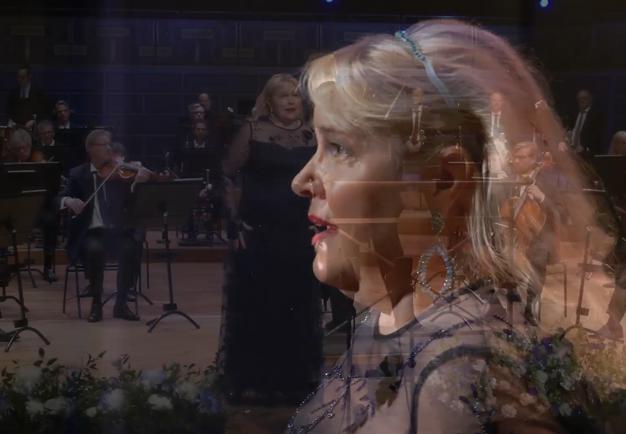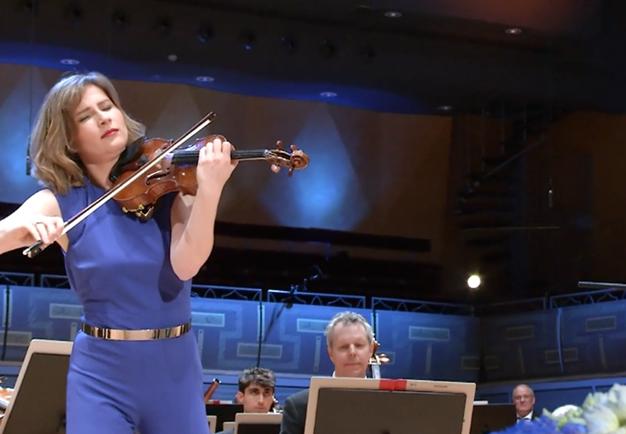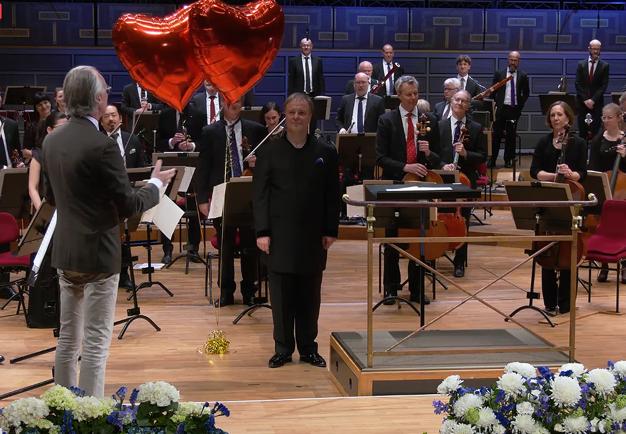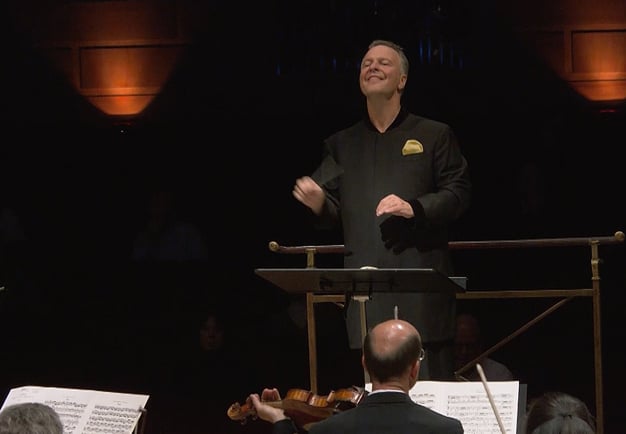Grande Finale – Sibelius with Oramo I
Sakari Oramo leads the Royal Stockholm Philharmonic Orchestra in Sibelius’ Symphonies No. 1 and 2. The first of four concerts that concluded Oramo’s tenure as chief conductor of the orchestra.
About the video
- From a livestream 19 May 2021.
- The video is approximately one hour and 51 minutes.
Grand Finale: Sakari Oramo’s final concerts as chief conductor of the Royal Stockholm Philharmonic Orchestra were an in-depth journey through Jean Sibelius’ creations, including all seven symphonies in chronological order. “In his case specifically, I believe the order matters”, said Sakari Oramo. “He worked on several symphonies simultaneously, and there are always elements in one symphony that can be detected in the symphony preceding it.”
After composing the “choir symphony” Kullervo, and several symphonic poems, Sibelius was ready for the pure symphonic form. Symphony No. 1 from 1900 (an earlier version premiered in 1899) is wilful from the very beginning, with its peaceful introduction for solo clarinet and timpani. But it also contains the thematic seeds for the rest of this impressive and personal symphonic debut.
In January 1901, Sibelius, his wife, and their daughters arrived in Italy. Several ideas for his second symphony were born there. After its world premiere in 1902, the symphony became a symbol of national liberation from Russian control, and upon hearing this sincere, singing and ultimately triumphant music, it is not difficult to understand why. Even if Sibelius himself categorically denied any political intentions whatsoever.
-
The music
-
Jean Sibelius Symphony No. 1
-
Intermission: Conversation with Sakari Oramo
-
Jean Sibelius Symphony No. 2
-
Participants
-
Royal Stockholm Philharmonic Orchestra
-
Sakari Oramo conductor




